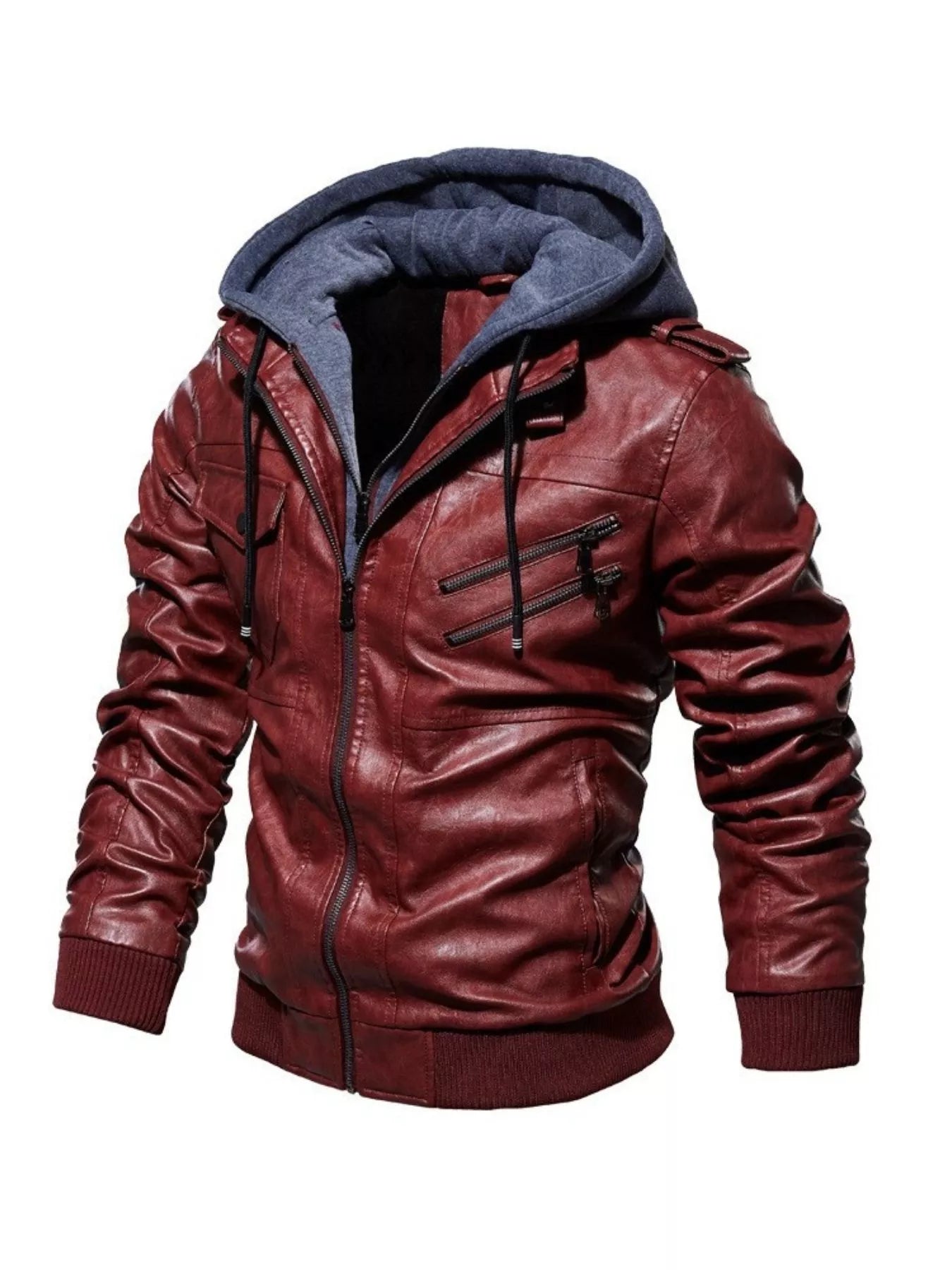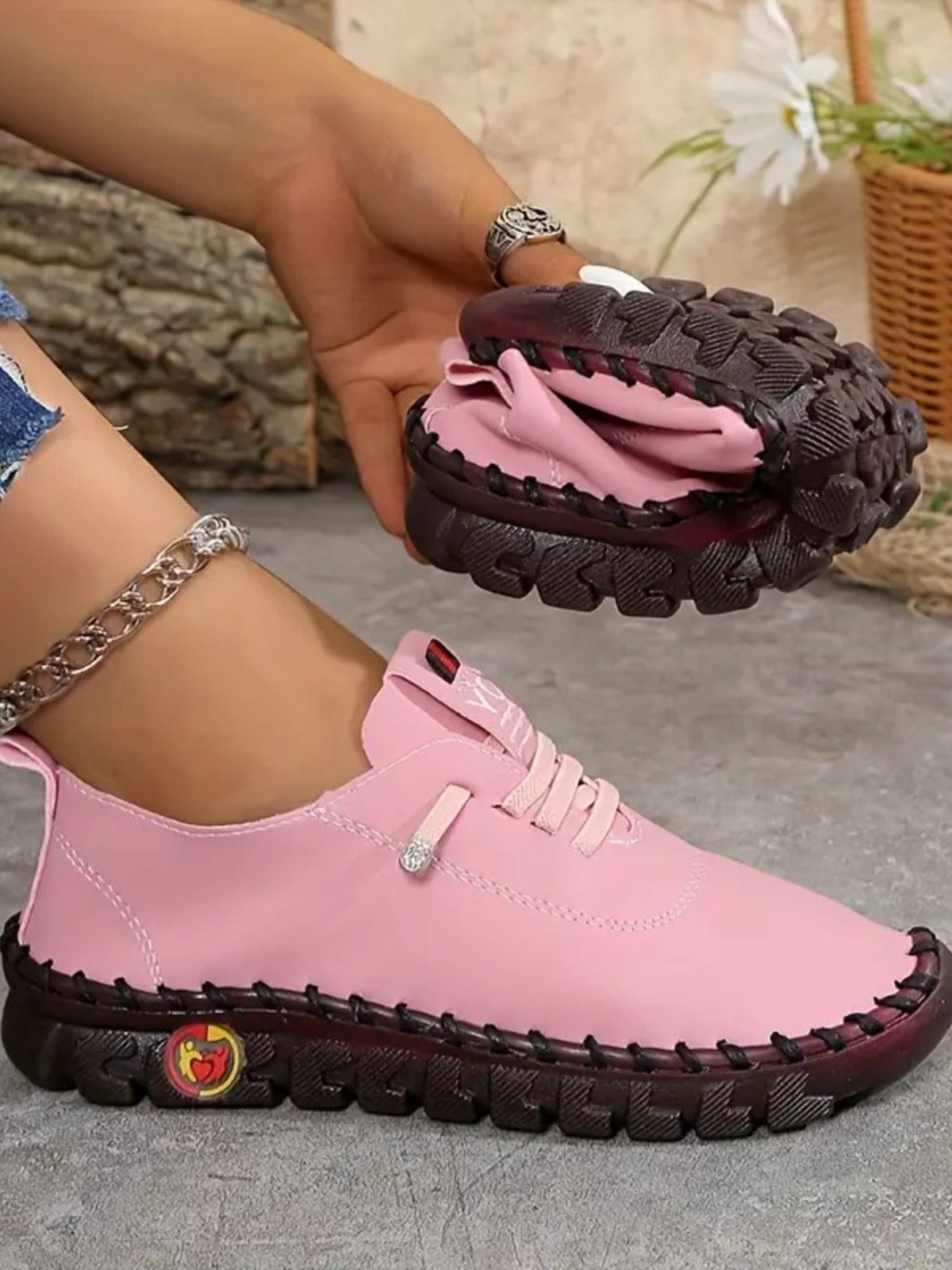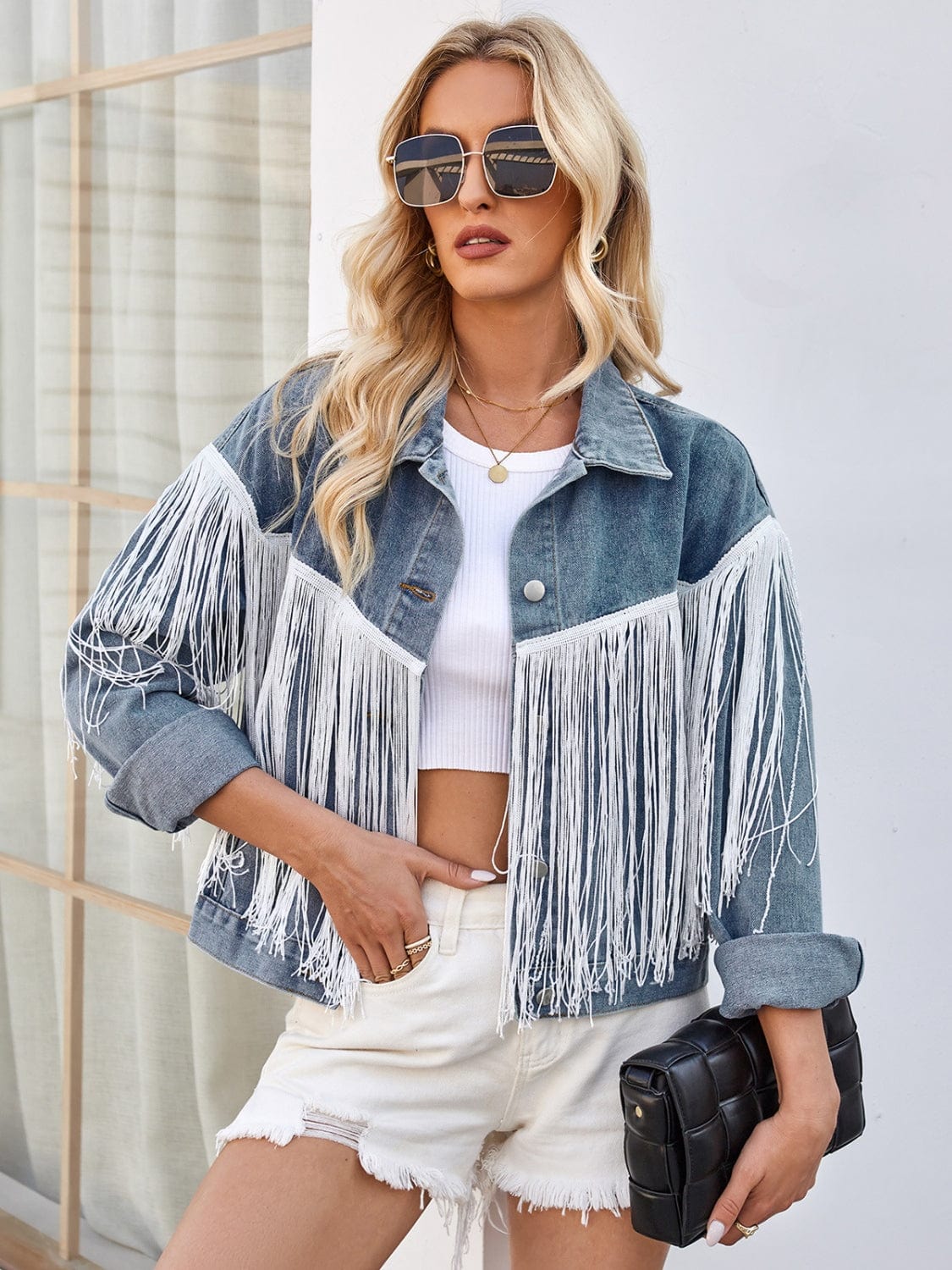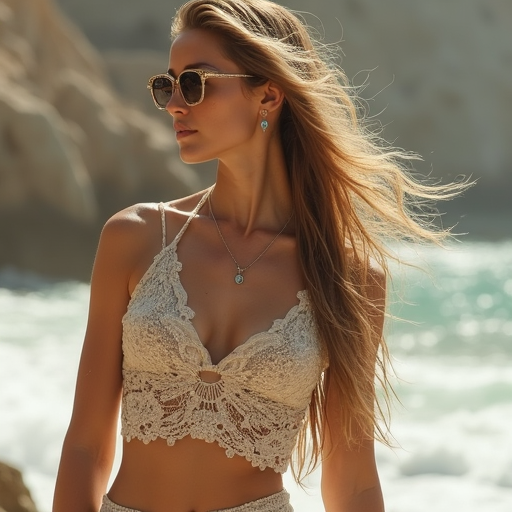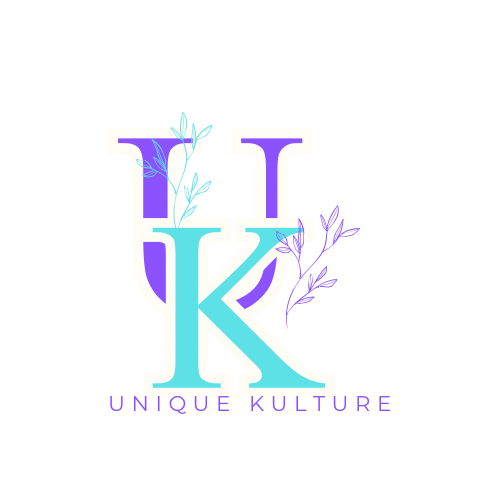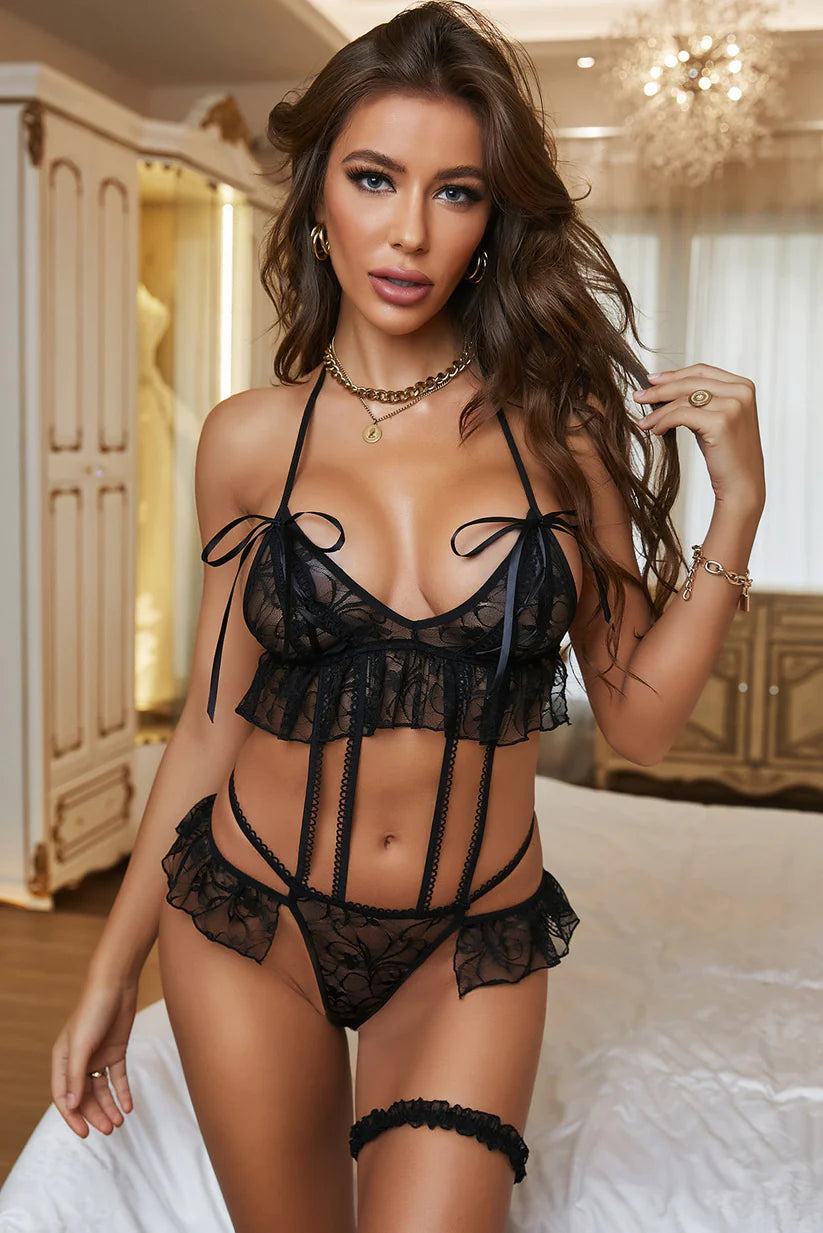

In recent years, the fashion industry has undergone a significant transformation, driven by a growing awareness of environmental issues and a desire for ethical consumption. Sustainable fashion is no longer just a buzzword; it has become a movement that is reshaping how we think about clothing, consumption, and the planet. In this blog, we’ll explore the latest trends and innovations in sustainable fashion that are making waves in the industry and capturing the hearts of consumers.
Current Trends in Sustainable Fashion
 Eco Friendly
Eco FriendlyOne of the most noticeable shifts in the fashion landscape is the increasing use of eco-friendly materials. Brands are turning to organic cotton, hemp, and recycled polyester to create stylish yet sustainable garments. Innovative materials like Tencel, derived from sustainably sourced wood pulp, and Piñatex, made from pineapple leaf fibers, are gaining popularity. These materials not only reduce environmental impact but also offer unique textures and aesthetics that appeal to modern consumers.
Circular fashion is a game-changer in the industry, promoting a model where products are designed with their entire lifecycle in mind. This approach encourages brands to create clothing that can be easily repaired, recycled, or upcycled. Companies like Patagonia and Eileen Fisher are leading the charge by offering take-back programs that allow customers to return old garments for recycling or refurbishment. This trend not only minimizes waste but also fosters a deeper connection between consumers and their clothing.
Transparency and Ethical Practices
Today’s consumers are more informed than ever and demand transparency from brands regarding their manufacturing processes and labor practices. Brands that openly share their supply chain information and commit to ethical labor practices are gaining trust and loyalty. Initiatives like the Fashion Transparency Index are helping consumers make informed choices by ranking brands based on their transparency efforts.
 Technological Innovations
Technological InnovationsTechnology is playing a crucial role in the evolution of sustainable fashion. From 3D printing to AI-driven design, innovations are helping brands reduce waste and streamline production processes. For instance, 3D printing allows for on-demand production, minimizing excess inventory and reducing the carbon footprint. Additionally, AI can predict trends and consumer preferences, enabling brands to create more targeted and sustainable collections.
Innovations to Watch
Biodegradable Fabrics

The development of biodegradable fabrics is an exciting frontier in sustainable fashion. These materials break down naturally over time, reducing landfill waste and environmental impact. Brands are experimenting with new fibers derived from natural sources, such as algae and mushrooms, which offer innovative solutions to traditional textiles.
Rental and Resale Markets
The rise of rental and resale platforms is transforming consumer behavior. Services like Rent the Runway and Posh mark allow individuals to rent or sell their clothing, promoting a more sustainable approach to fashion consumption. This trend encourages consumers to rethink ownership and embrace a circular economy, where clothing is shared rather than discarded.
Digital Fashion
In an increasingly digital world, virtual clothing and digital fashion shows are emerging trends that reduce the need for physical production. Brands are creating digital garments that can be worn in virtual environments, appealing to a tech-savvy audience. This innovative approach not only minimizes waste but also opens up new avenues for creativity and expression in fashion.
Conclusion
Sustainable fashion is not just a fleeting trend; it represents a necessary evolution in the industry. By embracing eco-friendly materials, circular practices, and technological innovations, brands can meet the demands of today’s consumers while contributing to a healthier planet. As we continue to navigate the complexities of fashion consumption, it’s essential for both brands and consumers to prioritize sustainability and make conscious choices. At Unique Kulture, we believe in celebrating fashion that not only looks good but also does good. Join us in exploring the exciting world of sustainable fashion and share your thoughts on how we can all contribute to a more sustainable future. Together, we can make a difference—one stylish choice at a time. Feel free to modify any sections to better fit your voice or brand.
